Welcome to Trending! This page has been designed to provide you with further reading materials and links about the topics being promoted and covered in your Library areas. Want to know more about the origins of Halloween or the importance of libraries in saving our planet? Wonder no more! You’ll also find useful guides and templates to help you should you wish to get involved with the Library events and competitions being held throughout the year.
This page will be constantly updated, so please keep checking back for the latest.
Use the tiles below to jump to a specific topic:
 |
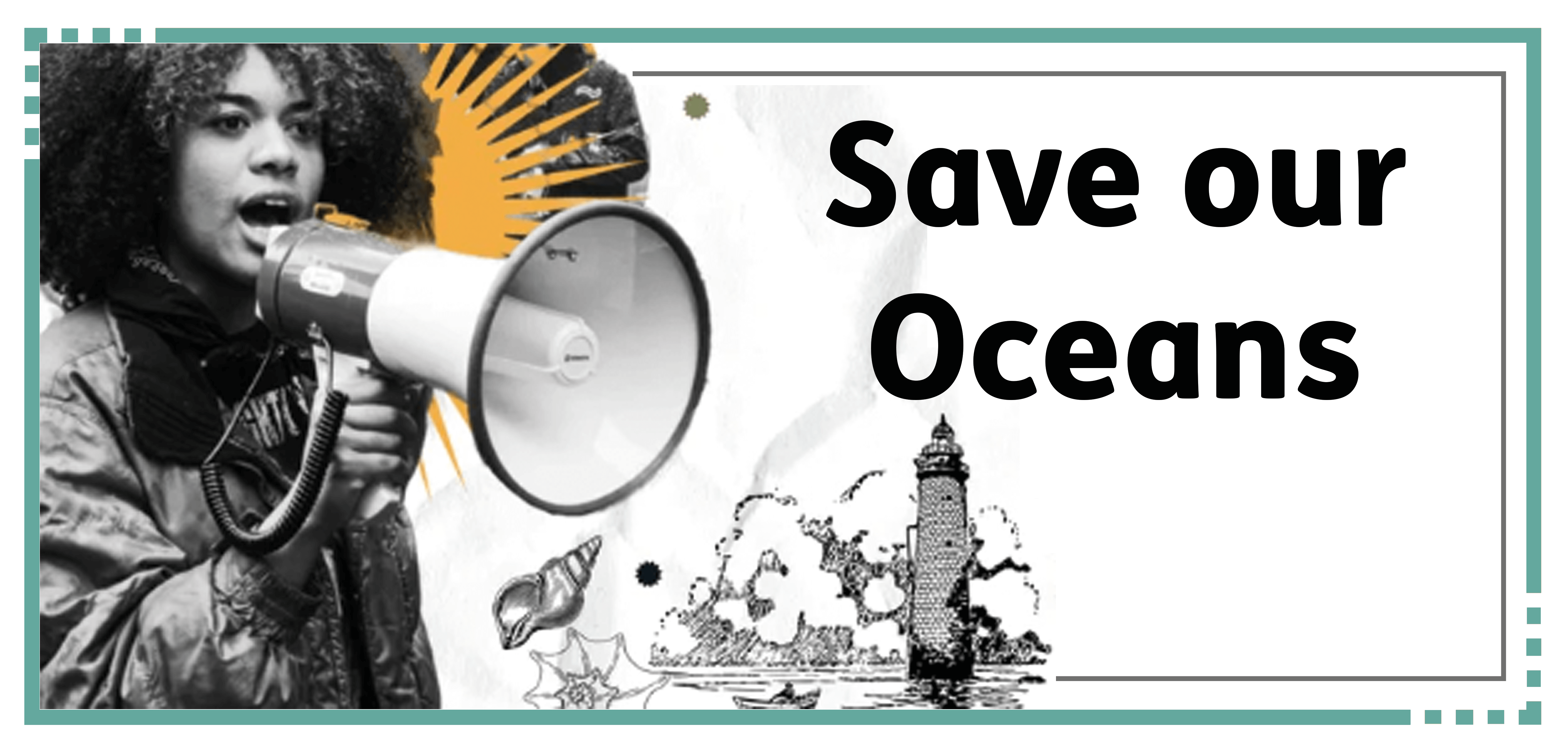 |
|
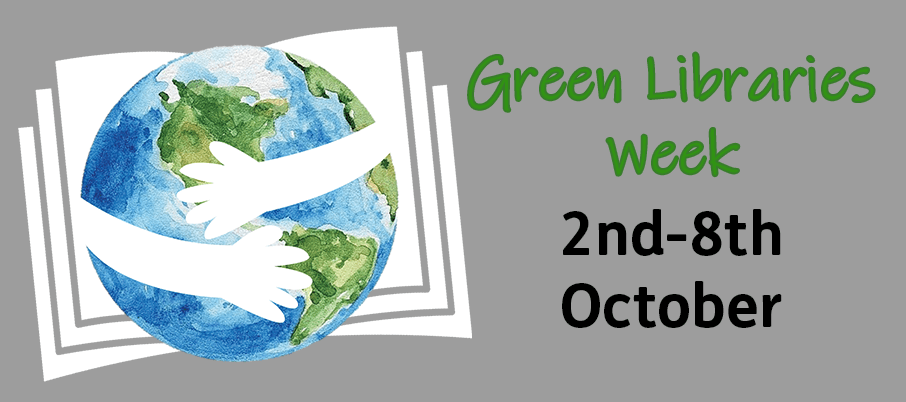 |
 |
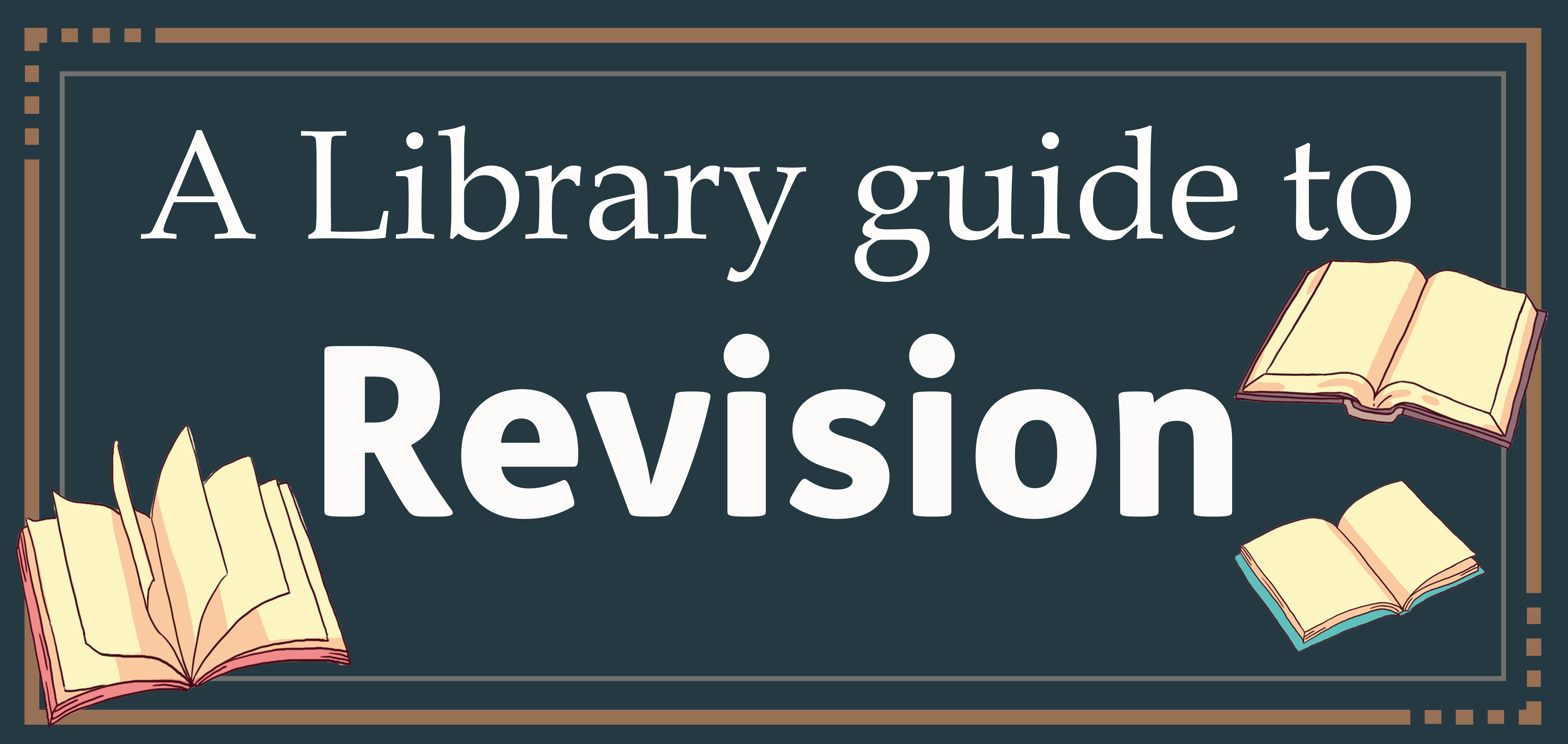 |
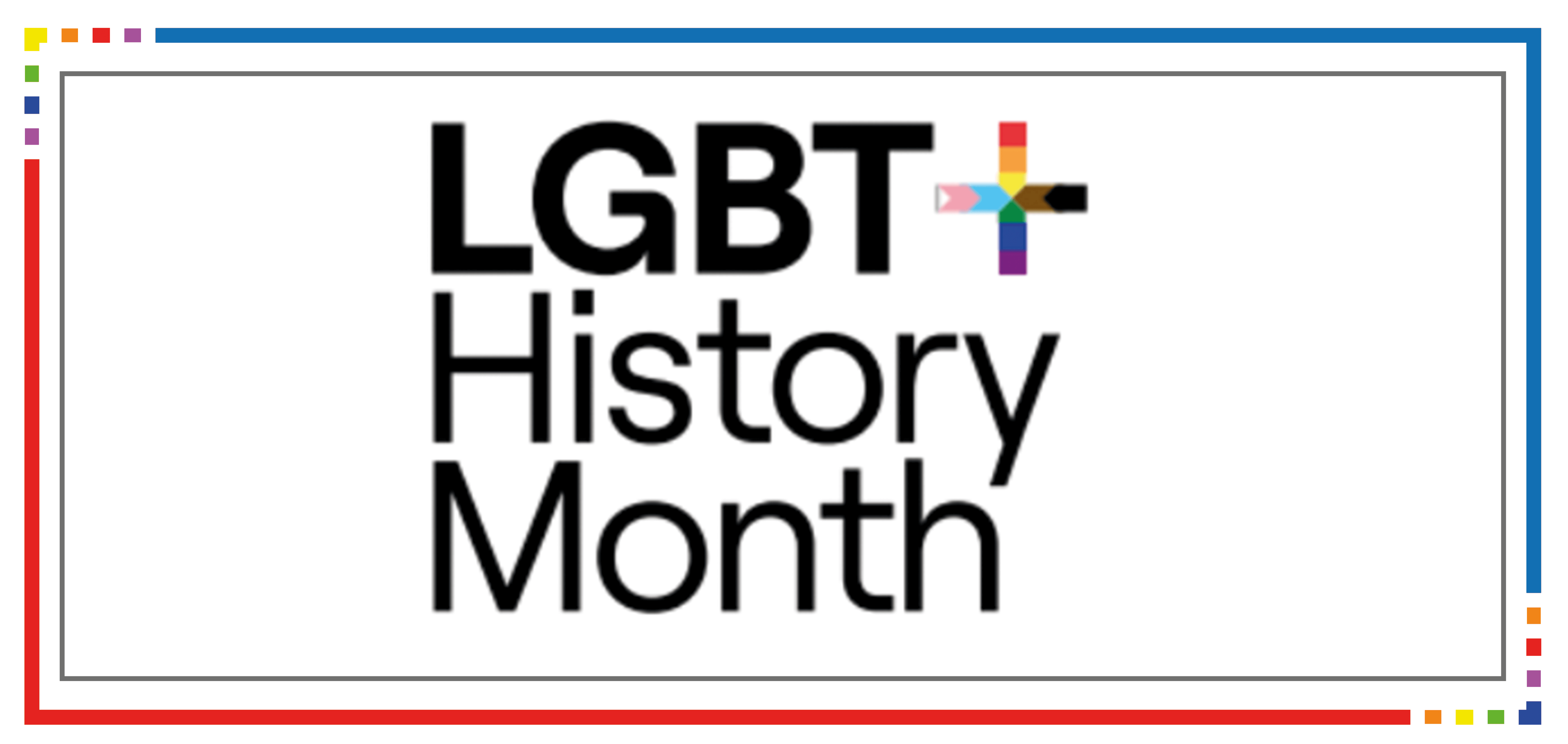 |
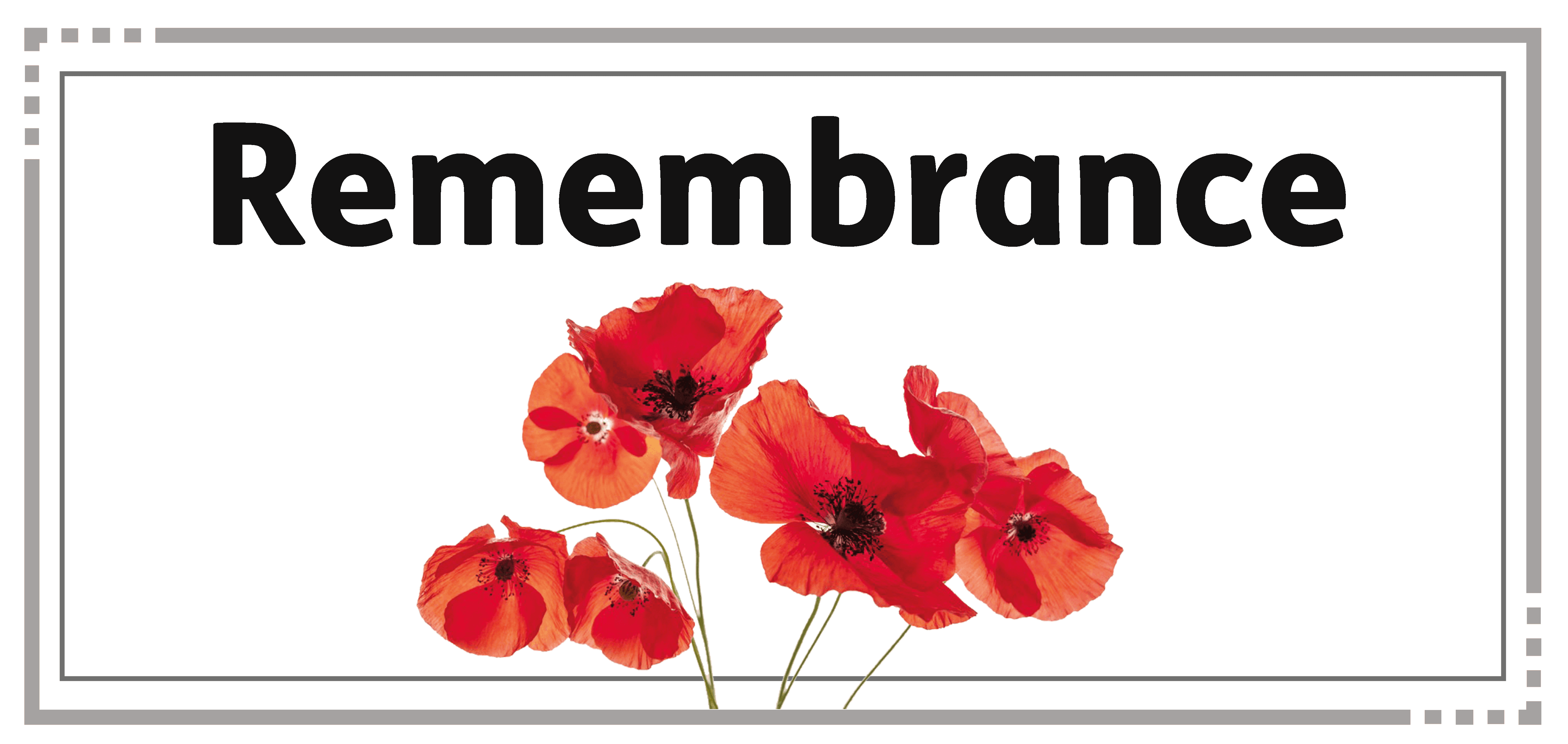 |
 |
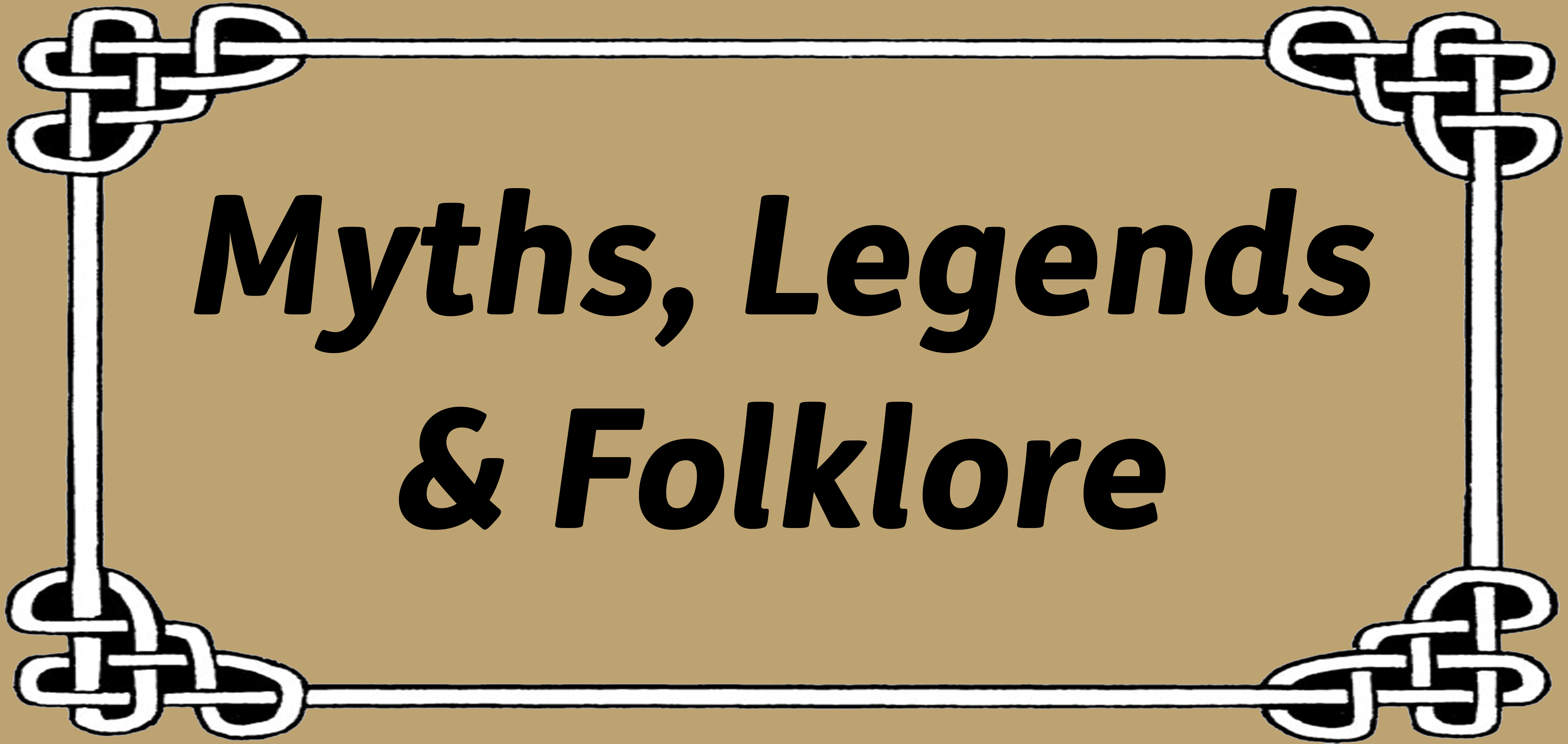 |
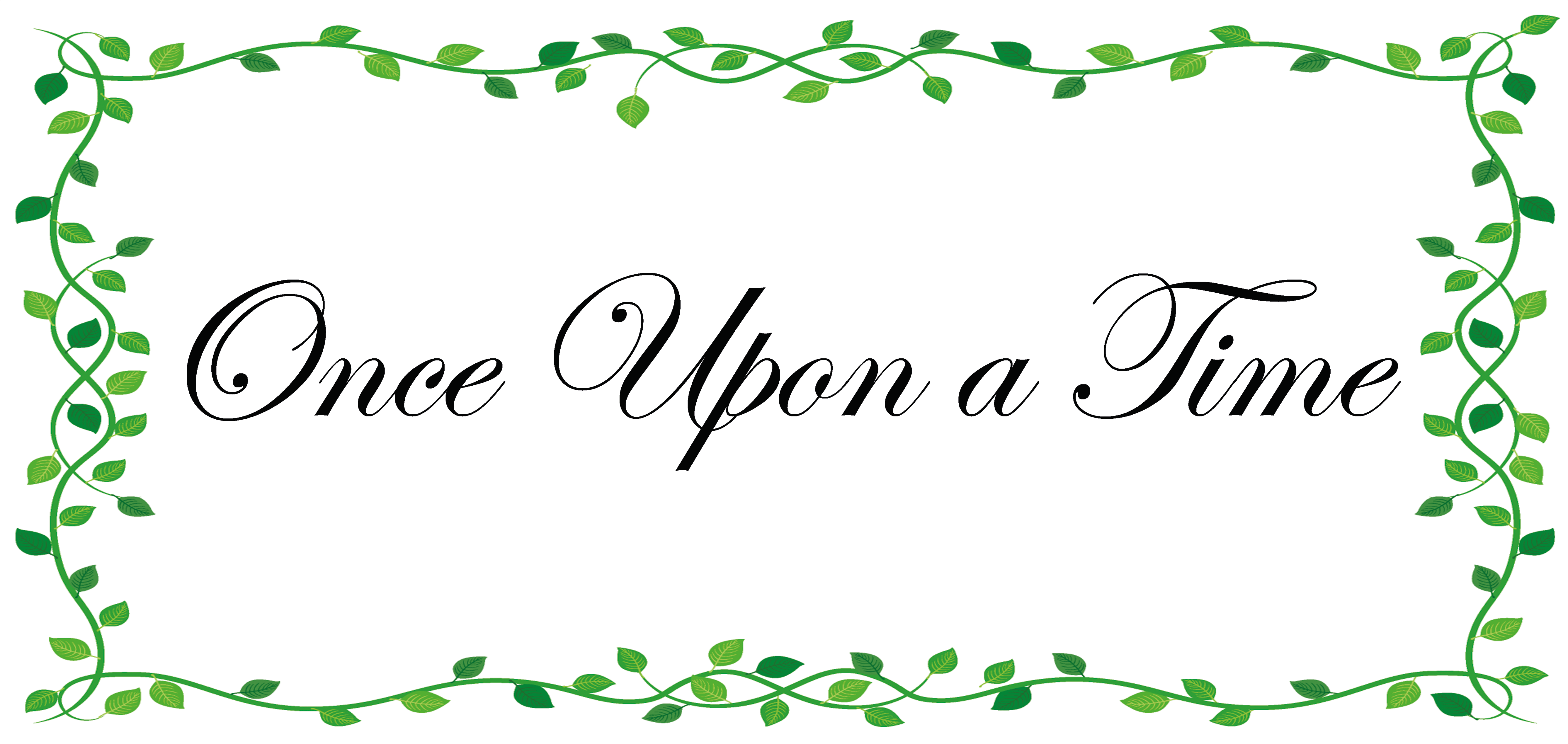 |
|
 |
 |
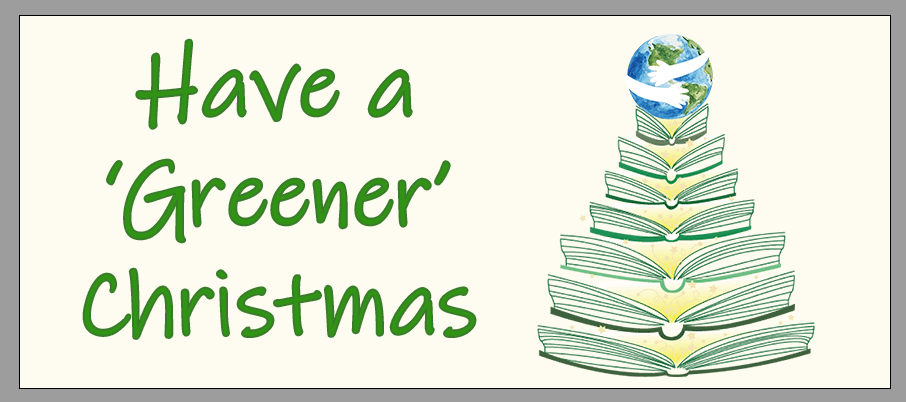 |
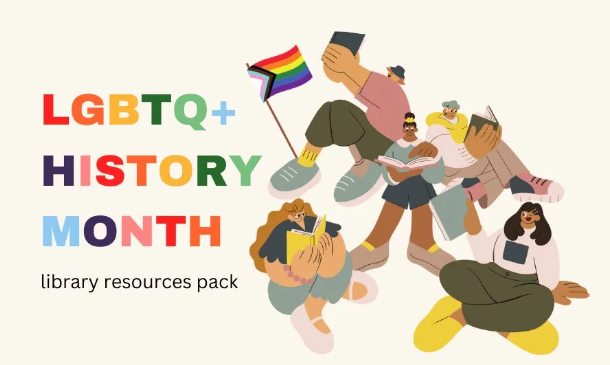
What is LGBTQ+ History Month and why do we celebrate it?
While LGBTQ+ History Month originated in the US in 1994, It began 11 years later in the UK following on from an initiative that was created by a group of teachers. In 2005, educators and activists Sue Sanders and Paul Patrick organised LGBT+ History Month as part of a Schools Out UK project. This is a programme that aims to educate young people about the issues members of the LGBT+ community face and to make schools feel inclusive for everyone, regardless of their gender identity or sexual orientation. The event was held in February to coincide with the 2003 abolition of Section 28 of the 1988 Local Government Act.
Did you know books are being banned?
In the United States, book bans have plagued school and public libraries, with stories focusing on LGBTQ+ themes being targeted. “Students are upset, especially LGBTQ+ students,” said a Keller Independent School employee, who spoke on the condition of anonymity for fear of professional retribution.
“They want to see themselves in books, they want to see themselves reflected , and they’re not able to.”
Representation Matters!
Celebrate LGBTQ+ History Month by reading a book featuring LGBTQ+ characters and/or by LGBTQ+ authors. Read and celebrate these stories all year long, not just in February and June!
Why not read more?
Everyone deserves to have the freedom to read. Scan this QR code to see our resources and informational guide.
Save our Oceans
Our Blue Planet
There are so many reasons why we need to keep our oceans healthy. As well as being home to amazing wildlife, our oceans provide food for billions of people and income for millions.
Our ocean is the beating blue heart of our planet and the largest habitat on earth. In the race to tackle climate change, the ocean is one of our best solutions and our greatest hope.
There’s more. The sea also produces around half of all the oxygen we breathe (thanks to phytoplankton, tiny single-celled ocean plants). Not to mention absorbing half of all man-made climate-warming carbon dioxide.
But things are not going swimmingly at sea. Latest figures show a dramatic decline in ocean health. The total amount of vertebrate sea life (including fish) has reduced by more than a third since 1970!
Plastic Pollution
Even if you live hundreds of miles from the coast, the plastic you throw away could make it into the sea.
Once the plastic is in the ocean, It decomposes very slowly, breaking into tiny pieces known as microplastics. This can enter the marine food chain and become incredibly damaging to sea life.
1 in 2 marine turtles have eaten plastic and around 7 million coffee cups have been thrown away in the UK everyday.
What can students do to help?
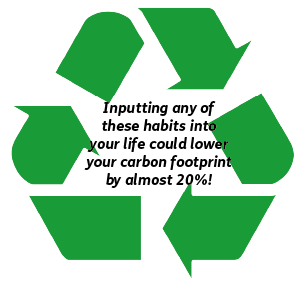
- Check the packaging on items to see if it can be recycled.
- Use biodegradable cleaning materials.
- Remember to turn the lights out when you leave a room.
- Take public transport where possible to reduce carbon emissions.
- Buy second hand clothes.
- Start a conversation: encouraging awareness and education is the best thing you can do.
Education has a highly important role to play in driving the transition to a more sustainable future.
By increasing the quality and accessibility of education and developing people’s knowledge, attitudes and behaviours towards climate change, the world can see more affective and quicker change.
Further Reading
Last updated: 24th June 2024

